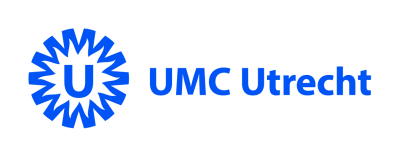Neurostimulation for closed-loop brain-computer interface control
NOTION aims to improve training and performance of implanted brain-computer interfaces (BCIs) for communication in people with locked-in syndrome (LIS). Researchers at UMC Utrecht will collaborate with industrial partner CorTec to accomplish natural and relevant feedback to the BCI user by electrically stimulating the brain.
People with LIS unable to speak or communicate effectively due to severe paralysis. This reduces their ability to participate in family and society. BCIs based on implanted electrodes promise to resolve the communication problems of people with LIS, as BCIs use brain signals, instead of remaining muscle activity, to control communication software on a computer. The most promising implanted BCIs use signals from the sensorimotor (SM) areas of the brain (SM-BCIs), the area responsible for the generation of body movements. However, SM-BCIs often require intensive training to achieve reliable control, which remains a hurdle for wide implementation of implanted SM-BCIs. NOTION aims to overcome this hurdle by providing the user with natural feedback about the mental strategy they use to control the BCI. This feedback will be given by electrical stimulation of the brain’s tactile sensation area.
NOTION consists of three steps: 1) determination of the organisation of the brain’s tactile sensation area of healthy people using fMRI, 2) finding optimal settings of electrical stimulation of the brain’s tactile sensation area to generate relevant sensations in people with epilepsy who receive electrode implants for clinical reasons, and assessment of the use of fMRI to predict the optimal stimulation location, and 3) testing of the effects of electrical stimulation in an individual with LIS, and assessment of the value of electrical stimulation on BCI training and performance. If successful, users may perceive BCI training and control to be more natural and intuitive, which may lead to faster learning, better performance and an increased sense of usability.



